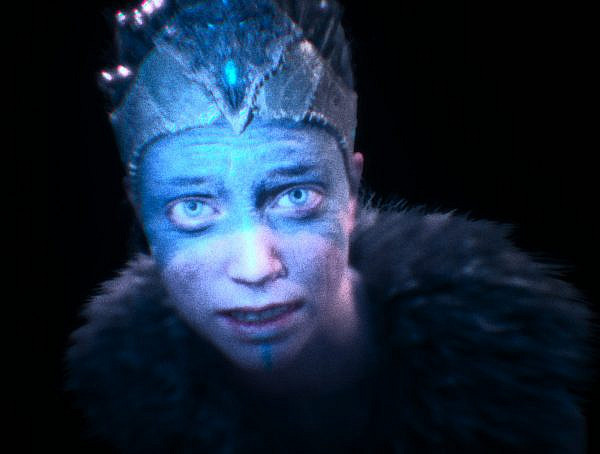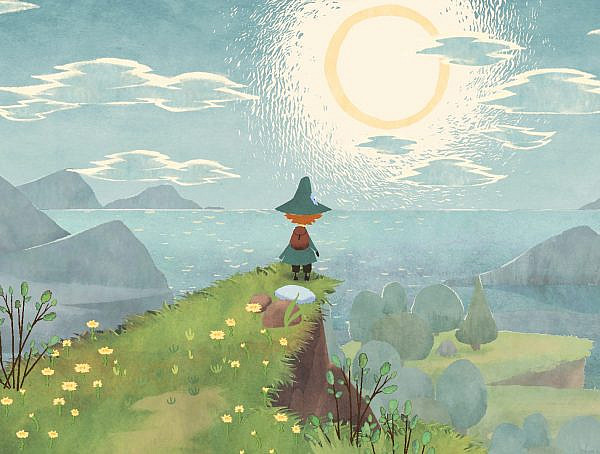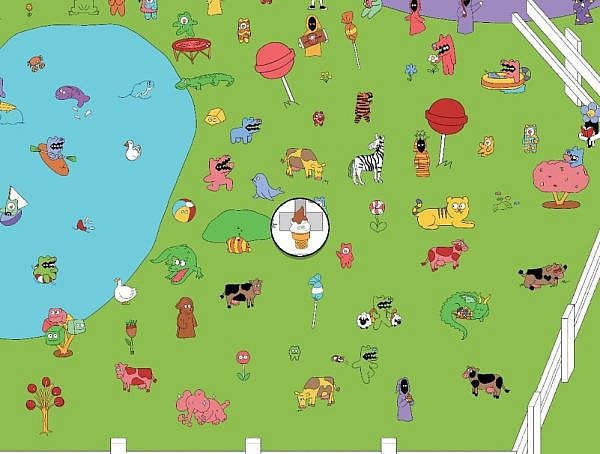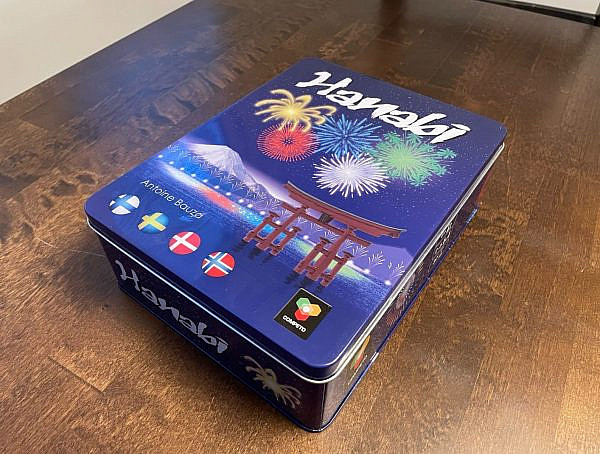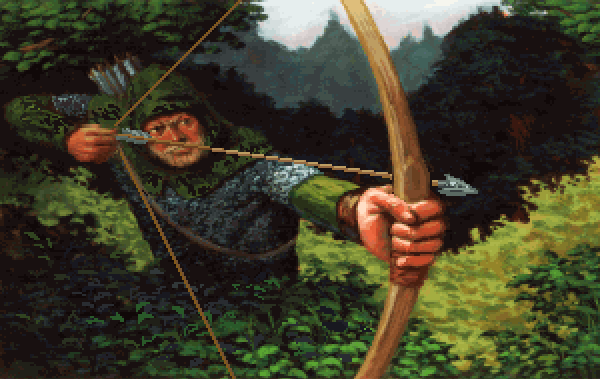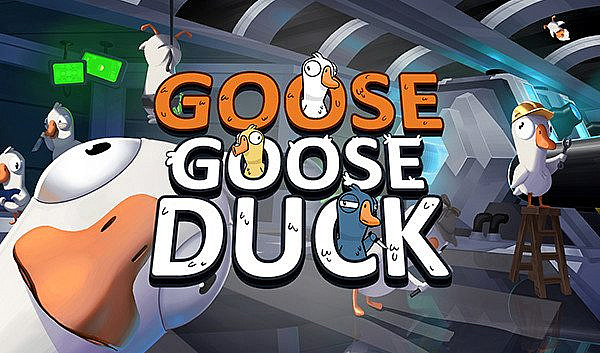OneShot first launched soon after the hype for metagames had been set by the success of Undertale. While not getting the same reception as Undertale did, the top-down adventure game did have its own fair share of the indie limelight, with critiques showering it with praise for its execution of the metagame genre, and how it focused on its narrative aspects.
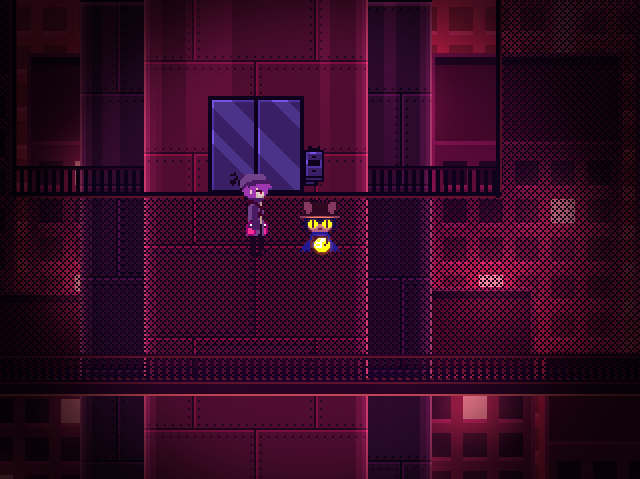
OneShot embraces breaking the fourth wall rather early in the game, acknowledging the player as an actual role in the game just 5 minutes in. The meta-ness of the player’s interaction with the game sets the tone from there on out, where the player fumbles through their role as a god in this virtual reality. The player’s sole responsibility, as informed by the game, is to guide Niko, a cat-like character back to their original world. And the player only has one shot at doing so.
The player develops an understanding of the happenings in the game world through bits and pieces of information while guiding Niko through the various sections of the world. Part of the experience involves figuring out the game’s puzzles with solutions that sometimes require tweaking actual files in the player’s computer.
While OneShot is definitely a gem on its own, with adorable character designs and amazing soundtracks to suit the atmosphere of each scene the player is in – it is hard to not compare OneShot with Undertale. Both games share the 8-bit aesthetic, are story-driven and ingested with meta-ness in their gameplay. Unfortunately, once compared – OneShot definitely feels less complete in the narrative department. The storyline feels less connected, characters underdeveloped, and players are not as compelled to explore as they would be in Undertale. However, the lack of direction in-game seems to be a deliberate design decision by the game developers, since Yume Nikki – another indie cult favorite known for it being an experience of aimless wandering is cited as an inspiration.
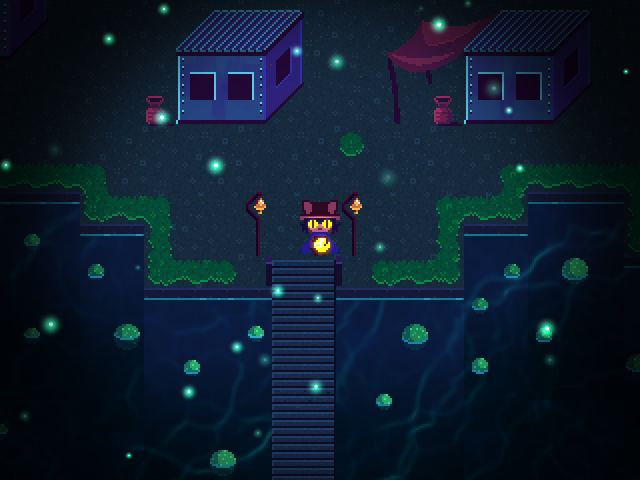
The March 2017 Solstice patch does somewhat provide this indie favorite a resolution, the lack of guidance in the world of OneShot occasionally makes the game feel like ideas and concepts from several external sources loosely tied together in a single narrative. The combination draws an interesting premise, but they simply do not blend well with each other. And depending on how familiar you are with puzzle games, the encounters with puzzles could feel taxing and sometimes feels like they exist…simply because.
In summary, OneShot is a noble attempt at a puzzle-based metagame. Unfortunately, it fails in adapting its inspiration sources into the game, which, in hindsight, could provide a slight glimpse of how future game-based narratives could be crafted, and the multiple points of consideration for future development. For those who are interested in knowing what the metagame format holds, I would definitely recommend giving OneShot a….shot, but don’t get your hopes too high up.
–
Developer: Little Cat Feet
Publisher: Degica
Composer: Casey Gu
Platform: Microsoft Windows
Release: December 8, 2016
Genre(s): Adventure, Puzzle
You might also like
More from Game Reviews
Hanabi – Fireworks Show In A Card Game
In Hanabi you try to create as good fireworks show in cooperation as you can.
Threatening The Poor For Their Clothes – a review of Conquest of the Longbow
Adventure as the outlaw of Sherwood to collect a king's ransom while protecting your fellows.
The Chaotic Goose Chase, or Is It? A Review of Goose Goose Duck
Goose Goose Duck is an interesting twist in its genre, in this review let's see what sets it apart from …







